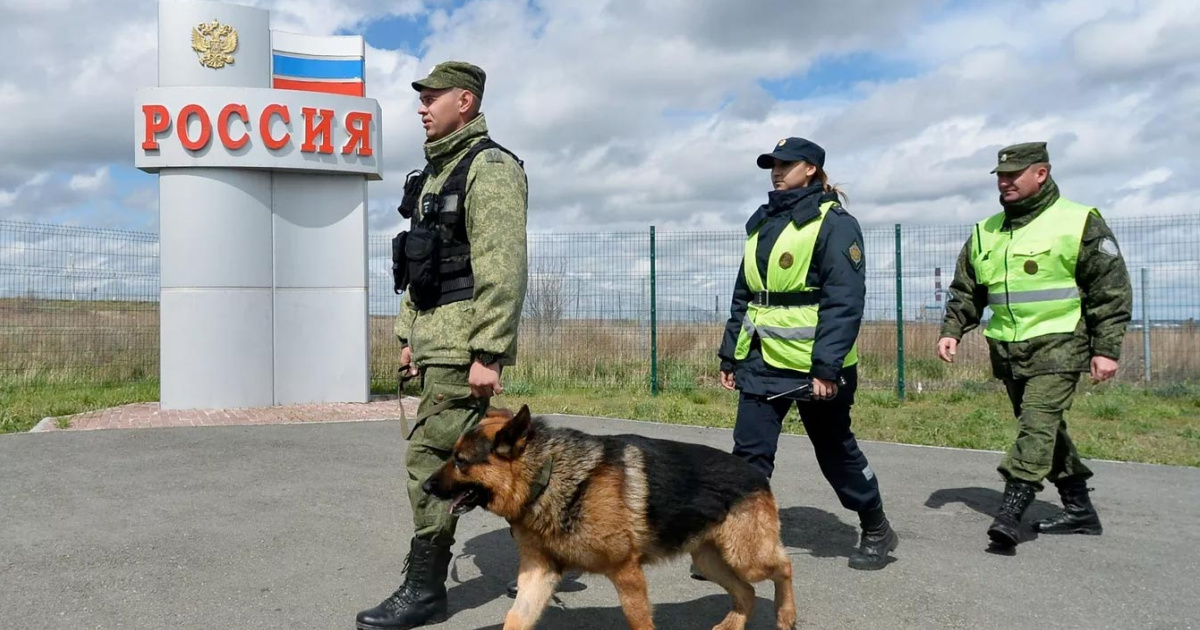Life in "russia". Luhansk journal

"How are things over there?" I think they are good because life, in general, has somehow stabilized.
Those who have been at war from the very beginning are either killed, still fighting, or trying to obtain a veteran's certificate, meaning they are doing everything possible to please a system that may grant it. In other words, they are not here. Either figuratively or literally, and their impact on our lives here is very indirect.
Pensioners are preoccupied with the topic of pension recalculations. Mothers are concerned about getting a unified allowance. Both groups are thoroughly disappointed; almost everyone feels, compared to their neighbor, that there has been a mistake in their case, and they deserve more. This is the topic of conversations during long queues at the Pension Fund and with peers over the phone. It's a certain liveliness in the monotonous life between the hospital visits and walks to the bakery.
For mothers, it's a real struggle to get the unified allowance. With the transition to russian documents, we found ourselves exposed. Using the Insurance Individual Personal Account Number, they see our real estate and vehicles, they see your income and your husband's official salary. Therefore, the easily received last year’s unified allowance turned out to be something unattainable this year. And as it is known, you get used to the good things quickly.
Last year was generally happy. It was enough to register yourself in the Public Services system, attach the necessary documents, and a unified allowance was allocated to everyone without exception. The realization came later – it was just a successful move before the elections. After receiving the first payments, we felt exhilarated, sensed powerful support from russia, and were grateful to it. But now they started denying the allowance, citing excess square meters per family member, surplus vehicles, and income exceeding the subsistence minimum in our region – 14,526 rubles.
Although elections seem to be around the corner again, apparently there is no longer enough money to please everyone. Or maybe they no longer see the need to please. The honeymoon is over, and the reality of daily life has set in.
Government institutions started installing surveillance cameras and turnstiles. We are not accustomed to living and working like this. We are used to living by agreement, knowing each other and building relationships on that basis. But now it turns out that a system has come between us, demanding compliance with new rules and strict adherence to working hours. You immediately feel like just a cog in that system, for whom everything has already been decided and planned out.
The former enthusiasm has turned into bewilderment. It's like if your mother-in-law stands between you and your husband, introducing new rules and demanding their precise adherence, promising overall life improvement. It's like saying, "I'll cook borshch for you every day, but in return, you must sleep/eat on a schedule, and, overall, don't contradict me in anything".
A lot of things have become strange. The easy has turned into the complex. The simple has become intricate. What used to come easily now requires effort.
We've come to understand that russia is a country living by strict bureaucratic rules. To achieve something, one must demand, write, and assert oneself.
The news about legal proceedings against those who, with some awkward gesture on social media, "rehabilitate Nazism" is very alarming. It has become a kind of trend.
And then, the theme of this war – lonely elderly people. Ten years ago no one thought that everything would turn out this way and last so long. Leaving, people comforted themselves by thinking that their parents were still strong, that they could always come back, that they could cross the border...
Everyone had their own story. People thought it would be better for everyone – parents, children, grandchildren, the future. And then it turned out differently. Borders were closed, the elderly became frail, and children and grandchildren settled in their new homes. These essentially abandoned elderly people gradually found themselves helpless, like children.
Someone needs to be there for them: to set up the computer, bring groceries, buy necessities, visit in the hospital. Someone needs to organize their lives, help them accept blindness, and come to terms with aging. When you visit the parents of your friends who have left, you find yourself almost captive to unmet expectations, illusions, stories about health, children's successes, and the vast expanse of loneliness. Leaving them, you want to cry, even though many often only need attention, conversations; they need dignified old age. The fracture between dignified old age and helplessness always comes unexpectedly and frighteningly. Children can no longer do anything. The next phase of life becomes waiting for the inevitable and frightening end.
Patriotic initiatives are widespread in schools. Letters to the frontline, drawings for the soldiers, cards for the troops, collecting aid, assemblies, flag-raising, excursions, the anthem, ties, t-shirts, badges, desks named after heroes.
Various things, thought of by some authorities and that do not require our consent.
We get used to everything. Life runs its course, rushing us. Swift life. And the swift ten years that passed like a moment, taking so many lives of loved ones and friends who found themselves in the gears of this war. The most swift ten years of our lives.
To the question of "How are things over there?", I answer: good. It's my go-to response.
Olha Kucher, Luhansk, for OstroV
